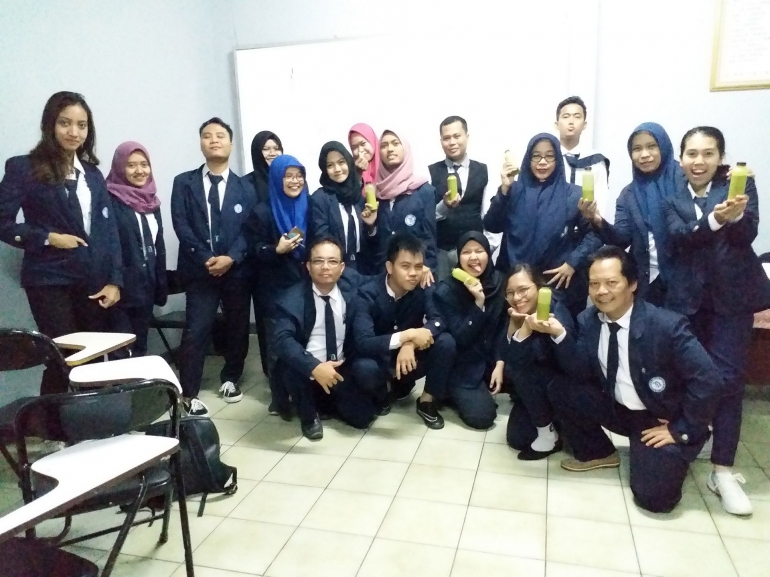By. Mbah Dharmodumadi Purwalodra
Intelligence is a common thing that has everyone in this millennial era. People in this age are very rich on various information, knowledge and mastered digital technology. However, when they do not have wise, then their intelligence only used to deceive, corrupt and damage the common good. Therefore, humans must be wise.
Wise reason is more than a scientific reason. Wise becomes the main guide, so that our intelligence can serve the common good. This becomes very important amid the rise of the issue of radicalism in all its forms, and the flood of false information (hoax) that engulfs our lives.
There are two things contained in wise, the first is the ability to see the world as it is, without involving pre-existing prejudices. This is also in line with the basic view of the philosophy of phenomenology, namely returning to the object itself. The second, wise as the ability to behave according to the circumstances. This means, people can use their knowledge, according to their needs. We know when to be quiet. We know when to say or act. Here, wise is our ability to adjust and consider everything appropriately.
Wise is an urgent need in this millennial era. Wise is not only the needs of the educated, but for all human beings who are living a dignified life, far from lies and endless conflict. Because of that, in the midst of an increasingly uncertain world, wise is the handle of life that offers meaningful direction.
Wise of human can not stand alone. Reasonable wise must be supported by intelligence. Similarly, when someone has multiple language skill, then someone needs linguistic intelligence. Someone who has the wise must be based on another intelligence, namely : spiritual intelligence. Spiritual intelligence is the most important intelligence that can be possessed by humans, and as a controller of all intelligence, which is found in the world of science today.
The concept of spiritual intelligence formulated systematically by Robert Emmons in his scientific article entitled, Is Spirituality an Intelligence ? Motivation, Cognition, and the Psychology of Ultimate Concern. This article was published in a scientific journal called the International Journal for the Psychology of Religion.
Robert Emmons's concept developed from Howard Gardner's research on multiple intelligence. Gardner said that human intelligence has many types, and each must be seen uniquely, even though they connected to each other. For Emmons, spiritual intelligence is the ability of humans to create wholeness in themselves. Humans are no longer divided by disappointment and anxiety, but as a person who connected with the universe. This is intrapersonal transformation.
The question is how do we develop this spiritual intelligence? First, spiritual intelligence develops, when we understand the purpose and meaning of our own lives. The purpose and meaning of life is very basic, that is, living in accordance with all the potential we have, for the good of as many people as possible.
We have to realize, it turns out there are still many people go through life, only a lifetime. They do not understand the purpose and meaning of their lives. Their lives feel empty, because they are filled with the pursuit of fulfilling false needs, such as : wealth, good name, and sexual satisfaction. In fact, if all that we continue to pursue, we will be trapped in disappointment and inner emptiness. External pleasures are always temporary, and end in dissatisfaction. Therefore, the purpose and meaning of life must be sought within ourselves, namely to find its true identity as a citizen of the universe.
Second, spiritual intelligence also develops in line with our ability to manage ourselves. Managing yourself means managing all thoughts, emotions and desires that come and go. We are no longer tortured by our thoughts, usually in the form of regret and anxiety. We are also no longer enslaved by emotions, so we easily fall into deep anger and sadness.







